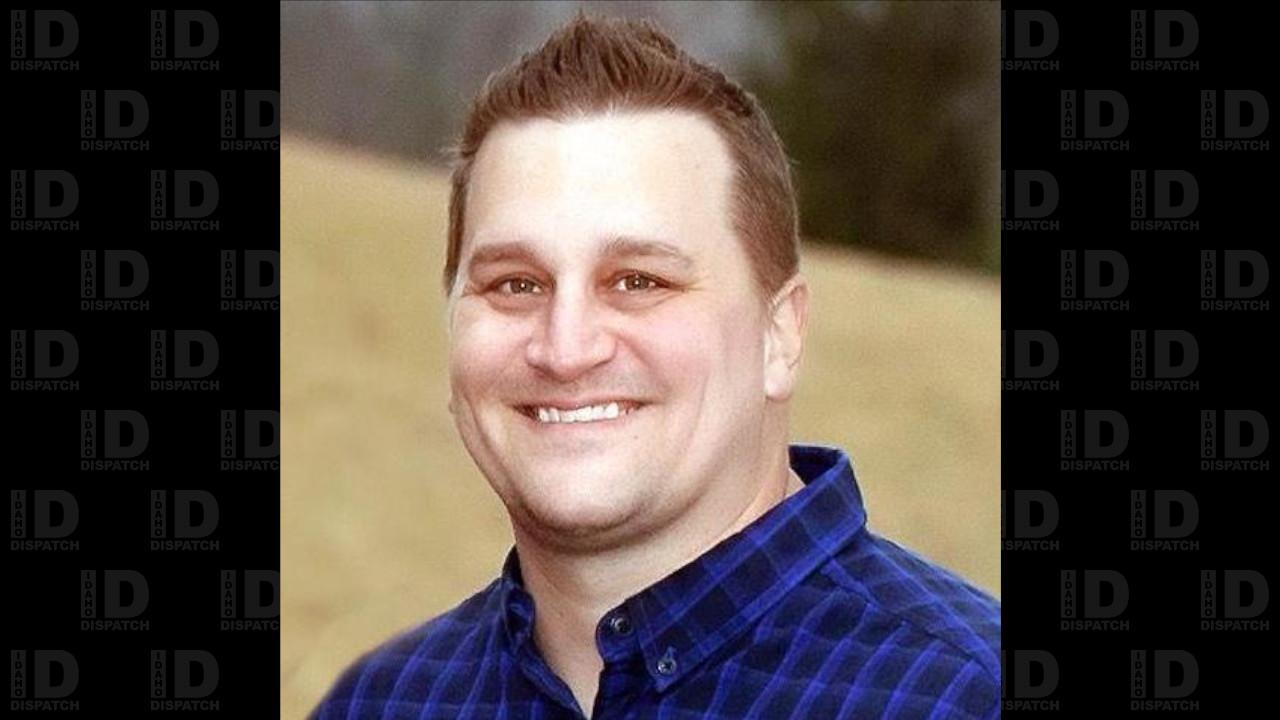
Op-Ed: Kindness & Fake Hate
By Brian Parsons • March 31, 2024“The test of a first-rate intelligence is the ability to hold two opposed ideas in mind at the same time and still retain the ability to function.” – F. Scott Fitzgerald
There exists a meme, which you may have seen, that divides the United States into quadrants and describes each quadrant on a kindness scale. It asserts that in the Northeastern United States, you’re likely to encounter brash people who appear mean but, deep down, are nice. In the Southeast, you’re likely to encounter genteel people who appear nice but are mean. In the Southwest, it says that people appear mean and are legitimately mean. Northwesterners appear nice and are genuinely nice. In my opinion, this dichotomy is less pronounced in the western portions of the diagram, but the stereotyping holds true.
Having lived throughout much of the United States, I was taken aback by local campaigns promoting kindness here in Idaho. Here in Bannock County, we have a Kindness Community campaign that holds annual events and places signs around town to remind people to be kind. There is nothing wrong with encouraging kindness and civility. Still, of all the places that I have lived, people seemed genuine and kind before these campaigns, and I find signs telling people to be kind to be patronizing.
Having spent a career in print and digital advertising, I first noticed billboards from the National Ad Council promoting behavior modification, such as kindness, about fifteen years ago. A cursory search shows that they’ve been in operation since the 1940s and were formed by multiple ad agencies to promote “social good” and got their start in war propaganda. Understanding that unsold advertising space is often prime real estate for government welfare contracts, the sheer number of these billboards you come across in places like Salt Lake City begins to make sense. To the ad agencies peddling their unsold space, it is a financial decision. To the social engineers paying for this space, their history of war propaganda and focus on behavior modification implies other motivations.
To Christians, kindness is a fruit of the Spirit of God within. A spirit of kindness is representative of genuine repentance and conversion to Christianity. It also corresponds with the gentler and meeker attributes associated with Christianity. When social engineers promote a spirit of kindness, they’re not promoting genuine conversion to Christianity. What they’re promoting is the passivity and compliance of Christians while ignoring the hate of that which is considered evil. The purpose of this is to discourage opposition to their social campaigns and is perfectly demonstrated in the drubbing that conservatives have taken in the American culture war. In prior pieces, I have written about The Tyranny of Gentility, which I coined to describe how the political right is subdued by their own kindness.
Of course, the opposite of kindness is hatefulness, and just as we have campaigns to promote kindness, we have campaigns against hate. They are two sides of the same coin and are designed to set the boundaries of acceptable thought. Indeed, an entire category of crimes has been invented to criminalize hate. Why does this matter? If opposition to the solutions of your political opponent can rise to the level of the criminal, the force of the state is a powerful deterrent to those remaining dissenters who refuse to concede to kindness. It is already deemed unkind not to satiate the delusions of gender dysphoria. It is not inconceivable to imagine a world where the promotion of the traditional family and protection of children from adult sexuality is deemed hateful and rises to the level of a hate crime.
Strong social incentives have created a national market for incidences of fake hate crimes, as demonstrated in the national spotlight shown on actor Jussie Smollett and NASCAR’s Bubba Wallace. Fake hate brings positive attention and pity to the victims while demonizing an intended demographic, as in the cases of Kyle Rittenhouse or Nick Sandmann. A database cataloging these incidents has compiled nearly five hundred recent cases, found at fakehatecrimes.org. At the mention of an alleged hate crime, politicians, pundits, and the press race to be the first to condemn hate and signal their virtue. Often, the pronouncements of fake hate are boisterous, and the retractions, if they come, near silent. In many cases, the damage is already done, and a good segment of the population will come to accept the fake hate crime as factual.
An alleged hate crime occurred this week at the NCAA Women’s Basketball Tournament in Couer d’Alene. While leaving a restaurant, the University of Utah women’s basketball team allegedly encountered harassing individuals who shouted racial slurs at them. Predictably, state executives, pundits, and the press have rushed to condemn hate. A segment of the population, numb from recent experience, has been more subdued in their condemnations. After all, a similar incident at an NCAA women’s volleyball match at Brigham Young University saw a student removed for similar accusations from visiting fans. Though the student would later receive a quiet apology when no evidence of the hate crime could be identified, the women’s basketball team from South Carolina canceled a future match with BYU anyway. With one of the nation’s strictest codes of conduct, impugning the students’ character at BYU was as simple as a public accusation.
Kindness and hate are two powerful tools for shaping public behavior. Like Pavlov’s Dog, we reward and promote that which is kind and punish and discourage that which is hateful. Because the subjective nature of kindness and hate makes them impervious to critique, they’re especially powerful at keeping political opposition underfoot. As with any political Kafka trap, any temperance applied in public reaction is deemed approval of alleged hate or failure to employ kindness. Yet, temperance and reason are always an appropriate response before maligning people. True kindness demands them.
This Op-Ed was submitted by Brian Parsons and originally published on WithdrawConsent.org. Op-Eds do not necessarily reflect the views and opinions of those at the Idaho Dispatch.
Tags: Couer d’Alene, Free Speech, Hate crime, Hatred, hoax, Kindness, Kindness Community campaign, Kyle Rittenhouse, NCAA, NCAA Collegiate Basketball Tournament, Nick Sandmann, political opposition, shaping public behavior, temperance and reason, University of Utah
5 thoughts on “Op-Ed: Kindness & Fake Hate”
Comments are closed.

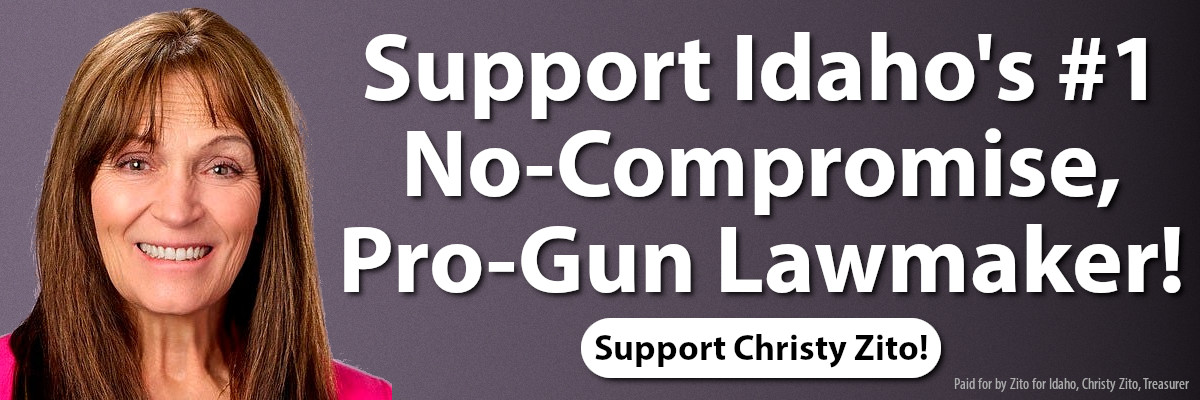
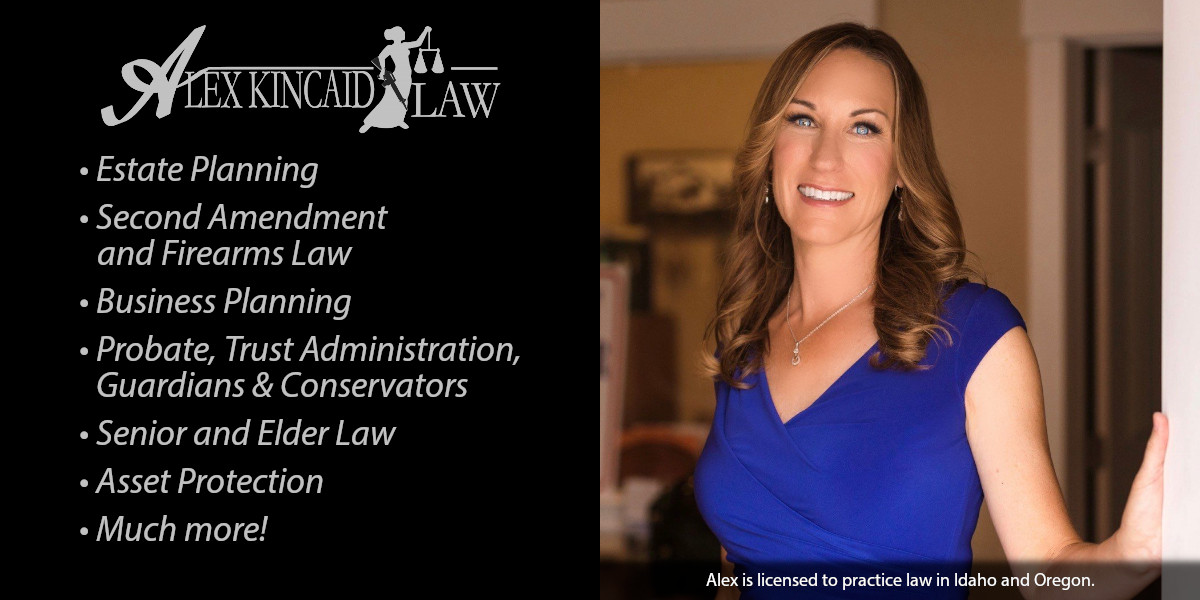
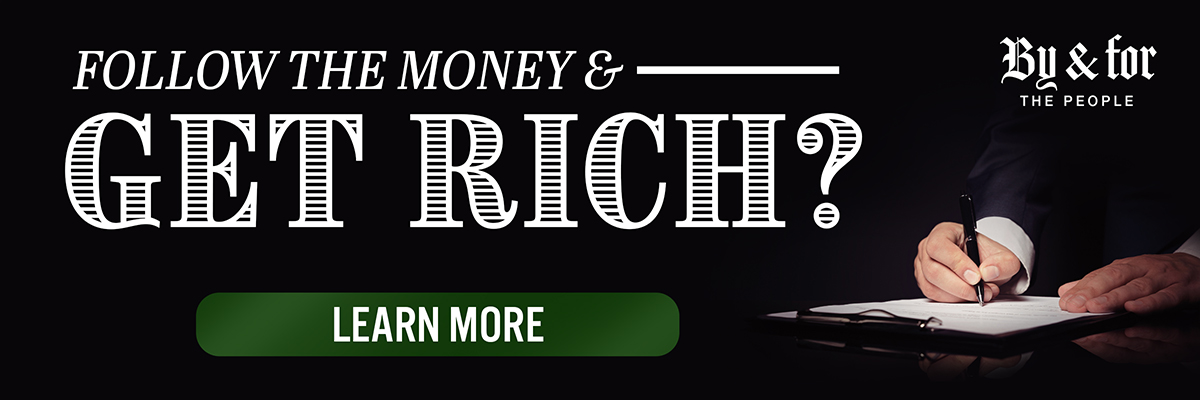
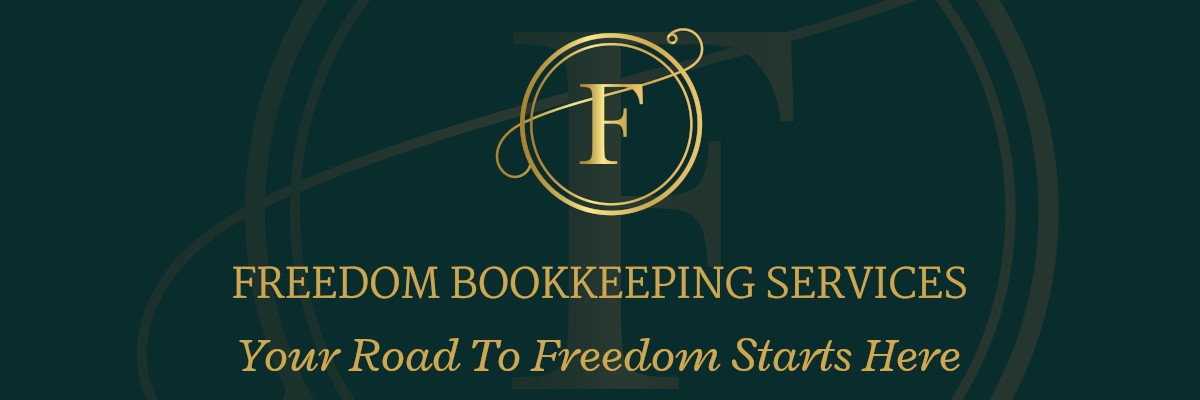

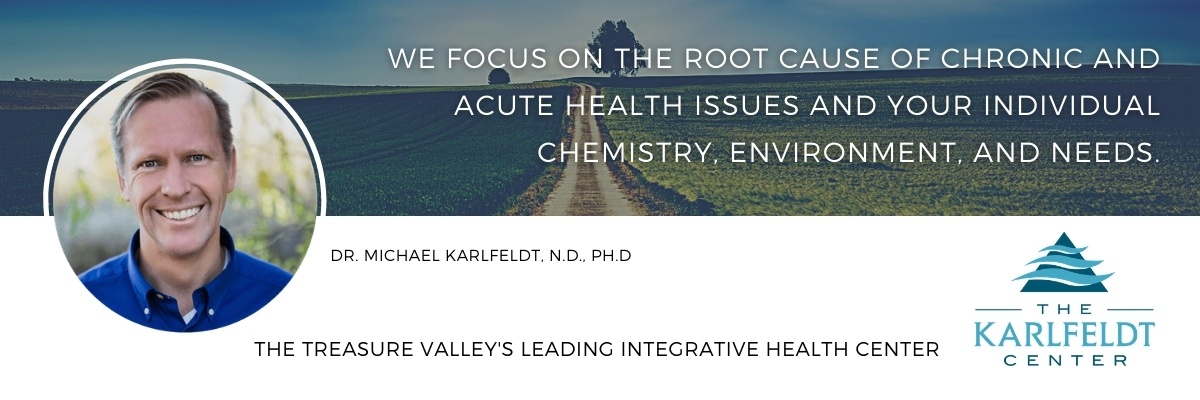

People should not mistake the lack of respect for oneself or others as a kindness problem.
Thank you for your honesty, intellect, and courage to say what needs to be said !!!
When people say unkind things (or worse) about me or to me, I ignore them. Getting angry, upset or in any way acknowledging them just gives them more cause to repeat the offense. If they can get a rise out of you, they have succeeded and that is really what they need. We as a people USED to be able to ignore bullies or if necessary, respond politely with the truth, but we cannot seem to do that anymore. Instead, some of us have been trained to live in FEAR of words.
Such “campaigns” as these push a “conformance will gain you approval” agenda in social engineering that is especially successful among those under age 40. SO thanks for bringing this garbage to the public’s attention.
I am old and only in the past 3 years learned of the Kafka methods of promoting propaganda so prevalent now. All citizens need to educate themselves and learn to recognize them, be courageous and push back.